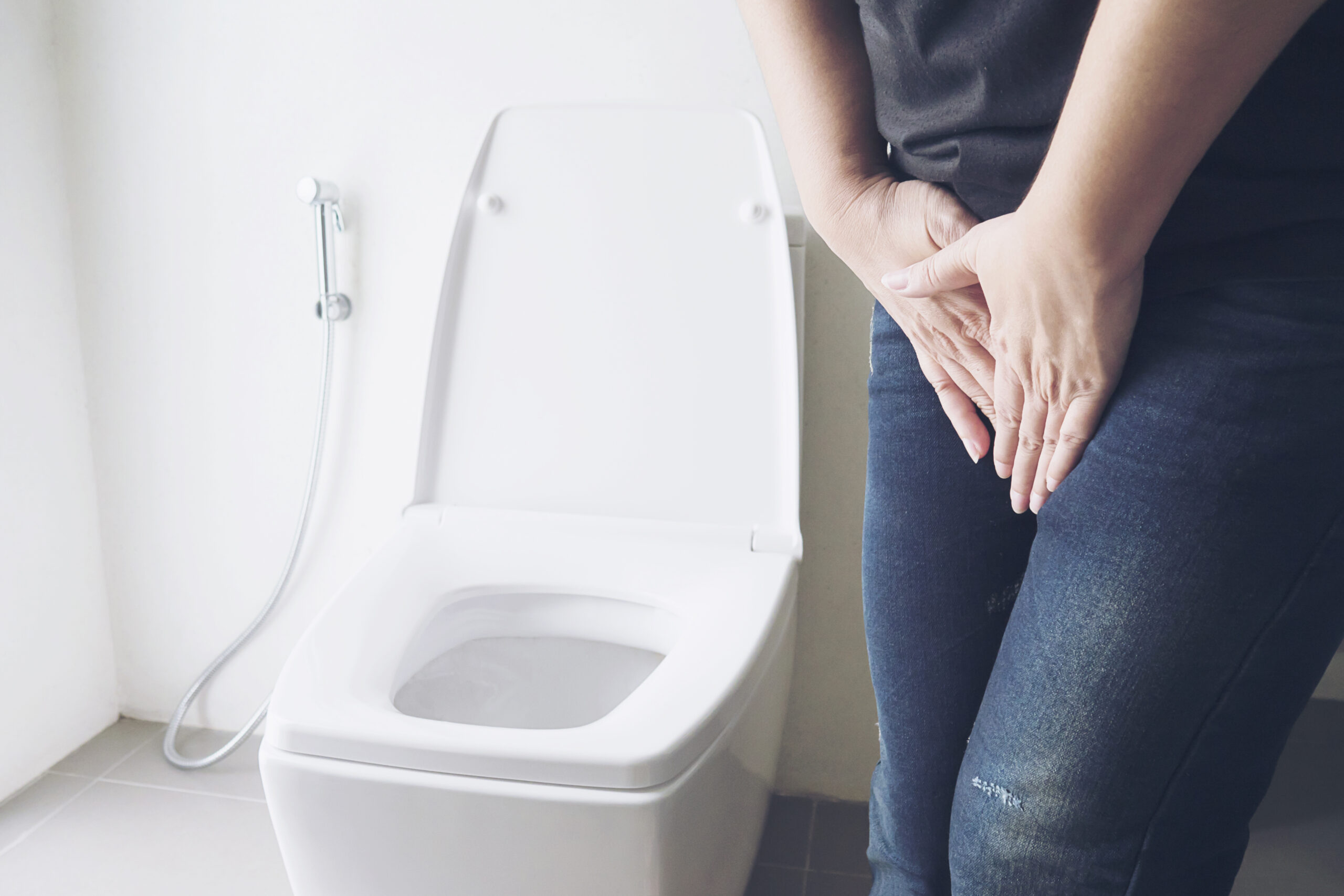What Is Nocturia?
Nocturia means waking up at night to urinate. Many people experience this problem, especially as they get older. While it may seem minor, nocturia can disrupt sleep and lower your quality of life. For some, it leads to tiredness, mood changes, or even falls at night. Understanding nocturia treatment options can help you sleep better and feel more rested.
Common Causes of Nocturia
Several factors can cause frequent urination at night. Knowing the cause helps find the right remedy. Some common causes include:
However, sometimes more than one cause may be involved. If you are unsure, a doctor can help find the reason.
Nocturia Treatment Options
Thankfully, many nocturia remedies are available. The right treatment depends on the cause. Let’s look at the main options.
Lifestyle Modifications
Often, simple changes can make a big difference. For example, you can:
In many cases, these steps help reduce nighttime trips to the bathroom.
Behavioral Therapies
Sometimes, your doctor may suggest bladder training. This means learning to hold urine for longer periods. Pelvic floor exercises, also called Kegel exercises, can also help. These strengthen the muscles that control urination. With practice, you may notice fewer urges to go at night.
Medications
If lifestyle changes are not enough, medicines may help. Some common options include:
However, every medicine has possible side effects. Therefore, your doctor will help choose the safest option for you.
Surgical Options
In rare cases, surgery may be needed. This is usually for people with severe bladder or prostate problems. Surgery is only considered when other treatments have not worked. Your urologist can explain if this is right for you.
Practical Tips to Prevent Nocturia
Besides treatment, you can try these tips to stop frequent urination at night:
With these steps, many people see improvement in their symptoms.
When to Seek Medical Help
Although nocturia is common, you should talk to a doctor if:
Early treatment can prevent problems and improve your sleep.
Conclusion
Nocturia can disrupt your sleep and daily life. However, many nocturia treatment options are available. From lifestyle changes to medicines, you can find a remedy that works for you. If you struggle with frequent urination at night, consult a urologist for personalized advice on managing nocturia.
Sources: Centers for Disease Control and Prevention (CDC), World Health Organization (WHO), National Institutes of Health (NIH)
